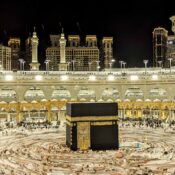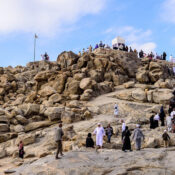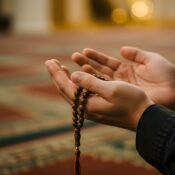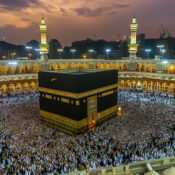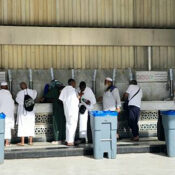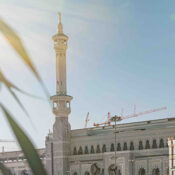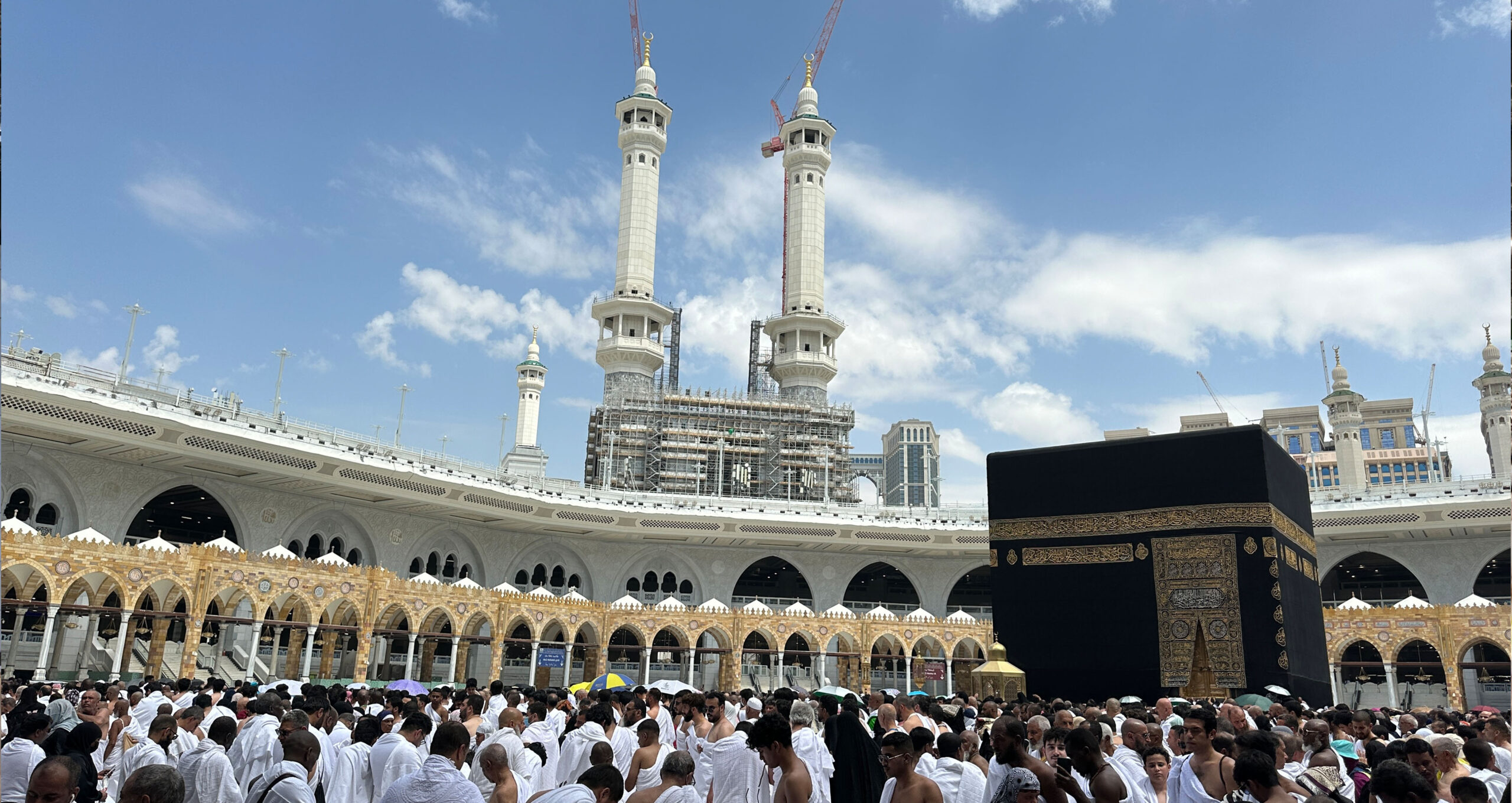
Stay Healthy During Hajj & Umrah
Undertaking the sacred journey of Hajj or Umrah is one of the most spiritually uplifting experiences in a Muslim’s life. Every year, millions of believers travel to the blessed cities of Makkah and Madinah to perform these divine rituals and seek closeness to Allah (SWT).
However, with such a large gathering, long hours of walking, and the intense Saudi climate, pilgrims often face physical, emotional, and environmental challenges. Hajj Packages 2026 Being prepared both mentally and physically not only enhances the spiritual experience but also ensures that your pilgrimage remains safe, healthy, and rewarding.
This comprehensive guide provides essential health and safety tips for pilgrims—whether you’re a first-timer, elderly, or managing a medical condition. Let’s explore how you can maintain your wellbeing throughout this blessed journey.
Preparations Before Embarking on the Pilgrimage
The sacred journey of Hajj and Umrah requires both spiritual readiness and physical preparation. Proper planning before departure can prevent many common health issues and make the entire journey smoother and more fulfilling.
1. Schedule a Medical Check-up
At least 4–6 weeks before your departure, consult your healthcare provider for a comprehensive medical examination. If you have chronic conditions such as diabetes, hypertension, heart disease, or asthma, seek specific advice from your doctor about managing your condition while travelling. Always carry your prescriptions and medical reports.
2. Get Mandatory and Recommended Vaccinations
The Kingdom of Saudi Arabia mandates certain vaccinations to protect all pilgrims from infectious diseases. Ensure you receive the following:
- Meningococcal Meningitis (Mandatory)
- Influenza Vaccine (Highly Recommended)
- COVID-19 Vaccine (As per latest regulations)
- Pneumococcal Vaccine – for individuals over 65 or with weakened immunity
Keep your vaccination certificate with your travel documents, as it may be required upon entry.
3. Build Physical Stamina
Performing Hajj or Umrah involves walking long distances, standing in queues, and navigating large crowds. To prepare, start a fitness routine 1–2 months before your trip:
- Walk 30–45 minutes daily
- Practice climbing stairs
- Include light stretches and endurance exercises
Gradual conditioning will help your body adjust to the physical demands of pilgrimage.
4. Pack Smartly
Pack wisely and travel light. Keep medications, medical IDs, and health essentials in your carry-on bag. Include comfortable walking shoes, breathable clothing, and personal hygiene products. Organize your religious items (Ihram, prayer mat, Tasbeeh, etc.) separately for easy access.
The Health Challenges During Hajj and Umrah
Performing rituals in large crowds and hot weather presents unique health risks. Understanding these challenges helps you prepare better:
- Extreme Heat & Dehydration: Temperatures can soar above 45°C, especially during summer, leading to dehydration, sunburn, or heatstroke.
- Fatigue & Muscle Strain: Continuous walking and standing for long durations may cause leg cramps, back pain, or blisters.
- Infectious Diseases: Crowded places increase the risk of respiratory infections, flu, and stomach ailments.
- Pre-existing Health Issues: Conditions like diabetes and heart disease can worsen without proper management.
- Sleep Deprivation: The packed schedule may disrupt your sleep routine, resulting in fatigue or irritability.
Awareness of these risks allows you to take preventive measures and focus on your worship.
How to Stay Healthy During Hajj and Umrah
Here are some practical ways to keep your energy levels high and your health protected:
1. Stay Hydrated
Drink 2–3 litres of water daily. Keep a refillable bottle with you and consume Zamzam water whenever possible. Avoid caffeinated or sugary drinks that can cause dehydration.
2. Eat Balanced, Nutritious Meals
Opt for light and healthy meals such as fruits, dates, nuts, yoghurt, and soups. Avoid oily and spicy street food that may cause indigestion.
3. Take Adequate Rest
Don’t push yourself too hard. Take breaks between rituals, sit down when needed, and sleep well whenever possible. Remember, Hajj is an act of devotion, not a race.
4. Manage Your Medications
If you’re on medication, carry enough for the entire trip. Use pill organizers or set alarms on your phone to take medicines on time.
5. Travel Safely in Groups
Always stay with your group and remember your group leader’s number. Keep a local SIM card for easy communication and emergency contact.
Beating the Saudi Heat
The Saudi sun can be unforgiving, especially during midday hours. Protect yourself by:
- Wearing light-coloured, loose-fitting cotton clothing
- Using an umbrella, hat, or cap to avoid direct sunlight
- Avoiding outdoor activities between 11 a.m. and 4 p.m.
- Using cooling towels or scarves to lower body temperature
- Applying broad-spectrum sunscreen (SPF 50+) regularly
Small preventive steps can save you from heat exhaustion and keep your pilgrimage comfortable.
Maintaining Hygiene During the Pilgrimage
Good hygiene is key to preventing infections and ensuring the comfort of yourself and others.
1. Personal Hygiene
Carry unscented wipes, hand sanitiser, and small bars of soap (unscented during Ihram). Brush your teeth twice daily and wash hands frequently.
2. Toilet and Washroom Etiquette
Keep toilet seat sanitisers, tissues, and slippers for use in public washrooms. Avoid touching surfaces directly.
3. Foot Care
Keep feet clean and dry, and wear slippers whenever possible (outside of Ihram). Apply antifungal powder or cream to avoid infections.
4. Use Masks in Crowds
Wearing a mask in congested areas reduces the risk of respiratory illnesses. Carry extra washable or disposable masks.
5. Dispose of Waste Responsibly
Throw trash in bins provided. Cleanliness is an integral part of faith — “Indeed, Allah loves those who are pure and clean.” (Qur’an 9:108)
Must-Carry Essentials for a Safe and Healthy Pilgrimage
Here’s a checklist to help you pack for a healthy, comfortable trip:
- Prescription medicines
- First aid kit (band-aids, antiseptic cream, thermometer)
- ORS (Oral Rehydration Salts)
- Unscented toiletries
- Sunscreen & lip balm
- Reusable water bottle
- Comfortable walking shoes
- Power bank & small torch
- Light snacks (nuts, protein bars, dates)
- Travel-size prayer mat
- Wet wipes and tissues
- Emergency contact cards
- Medical ID bracelet (for chronic patients)
Tip: Keep your emergency details printed and store your group leader’s number in your phone.
Final Thoughts
Performing Hajj or Umrah is a transformational journey — one that cleanses both the body and soul. While the rituals may be physically demanding, Umrah Packages 2025 proper preparation ensures that you can focus on your spiritual connection with Allah without health worries.
Remember:
- Good health strengthens worship.
- Cleanliness safeguards faith.
- Preparation ensures peace of mind.
Travel wisely, act responsibly, and maintain compassion toward fellow pilgrims. May your pilgrimage be safe, accepted, and filled with divine blessings. Ameen.
Frequently Asked Questions
Q1: What vaccinations are mandatory for Hajj and Umrah?
A: The quadrivalent (ACYW135) meningococcal vaccine is mandatory. Vaccinations for influenza and COVID-19 are highly recommended, while pneumococcal vaccines are suggested for seniors and immunocompromised pilgrims.
Q2: Can elderly or chronically ill pilgrims perform Hajj or Umrah?
A: Yes, with medical clearance. They should carry all necessary medications and consider using wheelchairs or mobility aids if needed.
Q3: Should I wear a mask during the pilgrimage?
A: Yes, especially in crowded places or during flu season. It helps reduce exposure to airborne infections.
Q4: How can I avoid dehydration in the Saudi climate?
A: Drink plenty of water, consume fruits with high water content, and take ORS if you feel weak or dizzy.
Q5: What should I do if I fall sick during Hajj or Umrah?
A: Visit the nearest medical centre immediately. Saudi Arabia provides free medical services to pilgrims near the holy sites.


